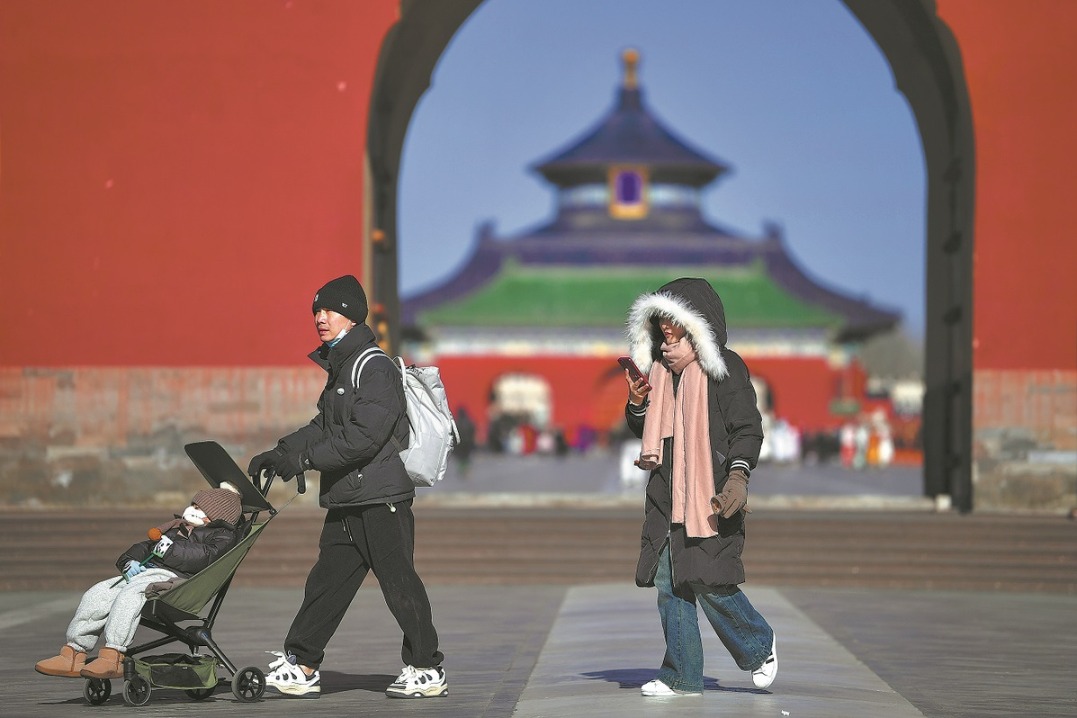Canada reflects on repealed racist act
By RENA LI in Toronto | CHINA DAILY/XINHUA | Updated: 2023-06-26 07:50

Recalling the indignities of a century of anti-Chinese racism, a series of public forums were held recently to remember the infamous piece of legislation known as the Chinese Exclusion Act ahead of its 100th anniversary.
The act, officially known as the Chinese Immigration Act of 1923, was passed on July 1, 1923 — Dominion Day — now called Canada Day, following 38 years of the exclusionary Chinese head tax.
The act banned the entry of Chinese immigrants for 24 years. Chinese Canadians referred to July 1 as "Humiliation Day" and refused to participate in its celebrations for many years.
Thousands of Chinese Canadians came to Parliament Hill in Ottawa on Saturday to denounce racism and reflect upon the act. People enjoyed Chinese cultural performances, including dancing and music.
"Chinese communities in Canada deserved better, and still do, which is why we must continue to fight anti-Asian racism, violence and hate," Canadian Prime Minister Justin Trudeau said in a letter read at the event.
A similar remembrance event was held on Friday. A historic plaque was unveiled in the Senate Chamber to mark the centennial.
Immigration restrictions on people of Chinese origin were not new in 1923, according to Tim Stanley, professor emeritus at the University of Ottawa and anti-racism education expert.
In 1885, shortly after the completion of the Canadian Pacific Railway — whose western stretch was largely built by Chinese workers — the federal government imposed a $50 head tax on Chinese workers and their families. The tax was then raised to $100 in 1901 and $500 in 1903.
"It was as much as a year's income for a working-class family in Canada during that era," Stanley said at a June 17 forum hosted by the Institute of CPAC, formerly the Chinese Professionals Association of Canada.
In 1913, the year with the largest number of immigrants entering Canada, 400,000 were admitted. Among them, 6,300 were Chinese workers who had to pay the head tax, while the Europeans were given free land to come to the country.
Repercussions felt
Stanley detailed several effects of the Chinese exclusion. One was that the wives, children and families of Chinese workers, who were already in Canada, were trapped in China during the world wars and the violence of the Japanese invasion (1931-45).
Because racism made marriage with non-Chinese women almost impossible during that era, at least 22,000 men and families were stuck in Canada and China, respectively.
It is estimated that between 1923 and 1946 when the law was repealed, only 44 Chinese immigrants were admitted into Canada.
"The Chinese are the only people in the history of Canada who have had to register with the government to prove that they had the right to live here," Stanley said.
He mentioned Won Alexander Cumyow, the first Chinese Canadian, born in 1861 in British North America, which became Canada.
The experiences of racism made Won become an activist for the rights of Chinese Canadians. Won was finally able to cast his ballot in 1949, at age 88, following the repeal of the Chinese Exclusion Act in 1947.
In a June 18 forum to mark the centennial, hosted by the Confederation of Toronto Chinese Canadian Organizations, Weng Guoning, organization chairman, said the attack on Chinese community leaders by some sections of media is still going on. "Therefore, Chinese Canadians should abandon all political parties, groups, and ideological differences, take into account the overall interests of us as a whole, and speak out (with) the unified voice of all Chinese," said Weng.
Xinhua contributed to this story.
renali@chinadailyusa.com
























